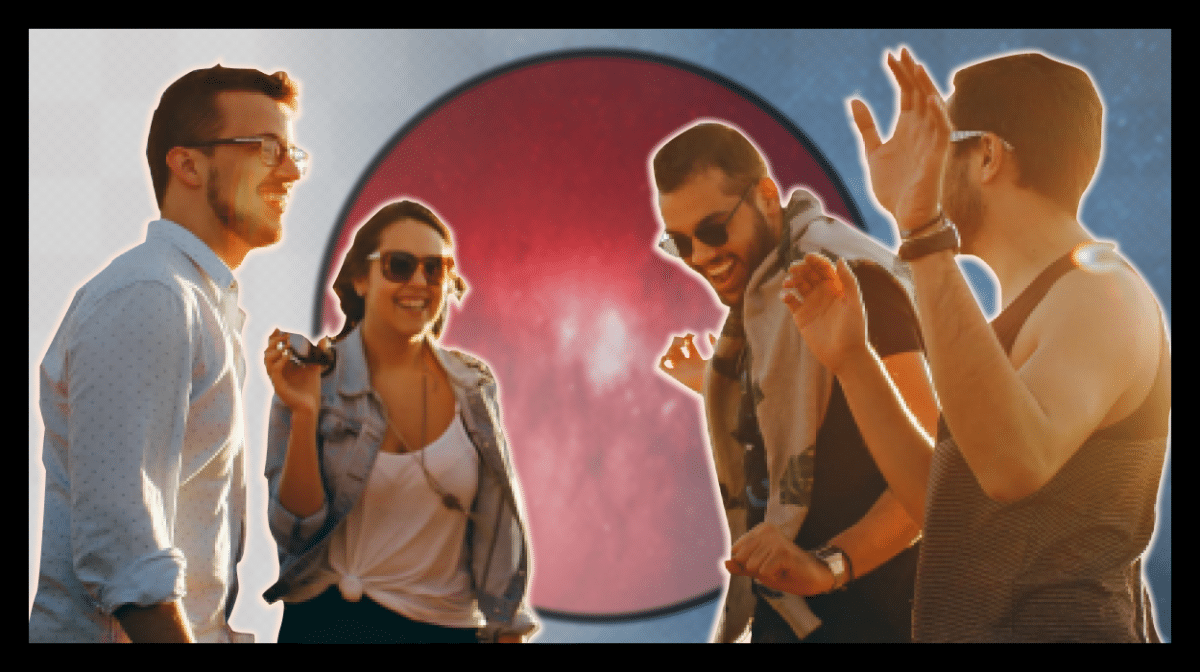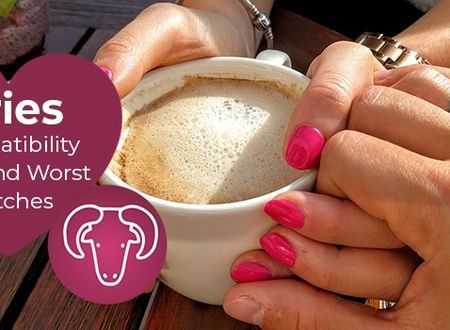You know when it just feels right when you’re around someone but you aren’t sure why?
David Bradford and Carole Rubin know the answer.
Together they have taught interpersonal relationships to Stanford MBA students for over two decades. They aim to make more compassionate business leaders who aren’t aggressive robots. The world definitely needs more of that.
Yet their pupils have also thanked them for saving marriages and ending long-running family feuds. The course made them better people as the fundamentals of good relationships are the same no matter who they’re between.
They have mapped out the six core competencies of exceptional relationships. Not every bond can meet all these criteria but they say if you have 4–5 then you’re doing pretty well. You might read this and discover what you need to work on to convert a relationship.
I wish I learned something like this when I was at university but better late than never.
#1 You aren’t trying to win an Oscar
Something strange happens when I’m comfortable around someone; they find it harder to understand what I’m saying.
This is because I revert to my natural way of speaking when I feel safe. I mumble more, grunt more and suffer bouts of verbal diarrhoea. Most people never see this side of me because I end up in performance mode automatically.
You might change your behaviour to fit in with whoever is around you.
You might try to come across as cool or sophisticated.
You might spend all day acting.
Doesn’t it feel exhausting? I hope you have people in your life where you let it all hang out and it feels effortless.
It’s impossible to have an exceptional relationship with someone if they only know you as the character you show the world.
The professors teach the 15% rule to help with this. Tell someone close to you something authentic but slightly out of your comfort zone. Building this as a habit gives you the confidence to be yourself more often with them.
#2 Be like a big hug
Think about how you feel when you’re truly comfortable with someone and how good it feels. Now search yourself to answer honestly if you do the same for them.
Some people find it easy to be themselves with everyone but struggle to spot when other people are uncomfortable around them.
Most people I know who call themselves good listeners don’t actually hear anything I have to say. They’ll tell me how great a conversation it was but fail to spot my many attempts to escape!
Relationships are two-way streets and it’s why David and Carol highlight you need to create the environment for the other person to be themselves too.
I reject the idea there is some magic formula to this. You’ve got to pay attention to someone and try to sense when they feel at ease. Some people want you to take the lead, others prefer to talk more. It can vary day by day depending on whether someone had a good night’s sleep or not.
I’ve met many people who I respect but we just didn’t hit off. It’s not a fault in either of us, it’s just to make the other feel comfortable, we’d have to not be ourselves. It’s ok to realize you can’t be best mates with everyone and focus on those for whom you can be like a big hug.
#3 Protect each other’s Achilles’ heels
Being vulnerable to other people didn’t come naturally to me. I always believed people would view me as weak and I’m still trying to unlearn this. I’m sure we all have a few bad experiences where someone we trust uses our insecurities against us. It’s a heartbreaking betrayal.
It’s not always as dramatic as you might see on Netflix where a former friend turns into a psycho extortionist. It can be as simple as a cutting insult about something they know will hurt you in the heat of the moment. Those closest to us can do the most damage.
Carol and David stress you must both be able to trust if you share your darkest secrets that neither of you would ever use them against the other.
You might have friends who you can feel comfortable around but you keep some secrets from them. It’s worth thinking about why this is and whether small breaches of confidence caused you to act in this way. Is it the way they’ve treated other people?
To be the kind of person others believe they can trust you with the serious stuff, think about how to treat everyone you interact with. Be careful about what signals this could send to someone in need of support.
#4 Say what you mean and mean what you say
Homo Sapiens have a weird condition as a species where we are terrible at reading people but believe we are amazing.
The right side of our brain is a story-making machine. When we lack details, we just make them up. So many times people have told me what their theory is of what someone else is thinking. The simple question of “Did you actually ask them?” is usually met with an awkward “No”.
In a great relationship, there’s less guesswork. Carol and David think most people aren’t great at reading between the lines and shouldn’t have to.
If you try to use signals to tell someone a message without actually saying it, question whether you’re being fair to them. You shouldn’t punish them for the crime of being imperfect like all humans are.
Likewise, if you have a concern about the way someone is acting, instead of telling all your friends your worst assumptions, just ask them!
The more honest you are with each other, the stronger your bond can be.
#5 You aren’t afraid of a fight
Two of my friends were in a relationship for 3 years and only ever had one argument. It was when they broke up.
Yet they’d constantly complain about each other to me. They believed there are no arguments in a perfect relationship. Despite not being happy they needed the mental crutch of knowing one area of their life was sorted.
It meant when they eventually fought, it was fatal. It’s hard to recover from someone you thought you loved telling you 101 things they hate about you.
No two people have the same personalities, so there will always be disagreements. The trick is to have frequent tiny battles, then wait until you’ve both amassed an army of issues.
The professors encourage these small disagreements because you strengthen the relationship if you can resolve them maturely. By being more aware of how your behaviour affects the other person, you can be more mindful of their feelings and clear misunderstandings.
#6 Committed to the future not just the present
“You’ve changed” is a poor insult. Of course, I’ve changed, every day is a new opportunity to live a better life.
Some relationships are rooted in current circumstances. Once things change then they aren’t the same anymore. It’s been years since I talked to some people who I once talked to all day every day. It’s natural.
The people who stand out over the course of your life are those who stick around even when both of your lives change so much. They want you to succeed even if it means they fall behind. They support you in your passions even when they don’t understand it.
You want people who are both your cheerleader and your trainer. They’ll keep you accountable for your own dreams and ambitions. They care about your long-term happiness, not just the present moment.
If you think about your own relationships, can you find people who you love them how they are now and also how they hope to become? Are you subconsciously holding anyone back?
Consider helping those around you to reach the heights they are capable of and you’ll be unforgettable to them.
You may already have relationships with all 6 qualities and I hope you do.
Appreciate these people and the joy they bring to your life. I’d rather have 5 exceptional relationships than a thousand good ones. The people who come to mind for me, fill my heart with a sense of belonging whenever I’m with them.
If you have people who have some of these qualities but not quite all, decide whether you’re willing to work on the gaps. Both of your lives will be better because of it.
Based on their interview on Feel Better, Live More
Picture credit- Created by the author — original image from Unsplash









Comments & Discussion
9 COMMENTS
Please login to read members' comments and participate in the discussion.